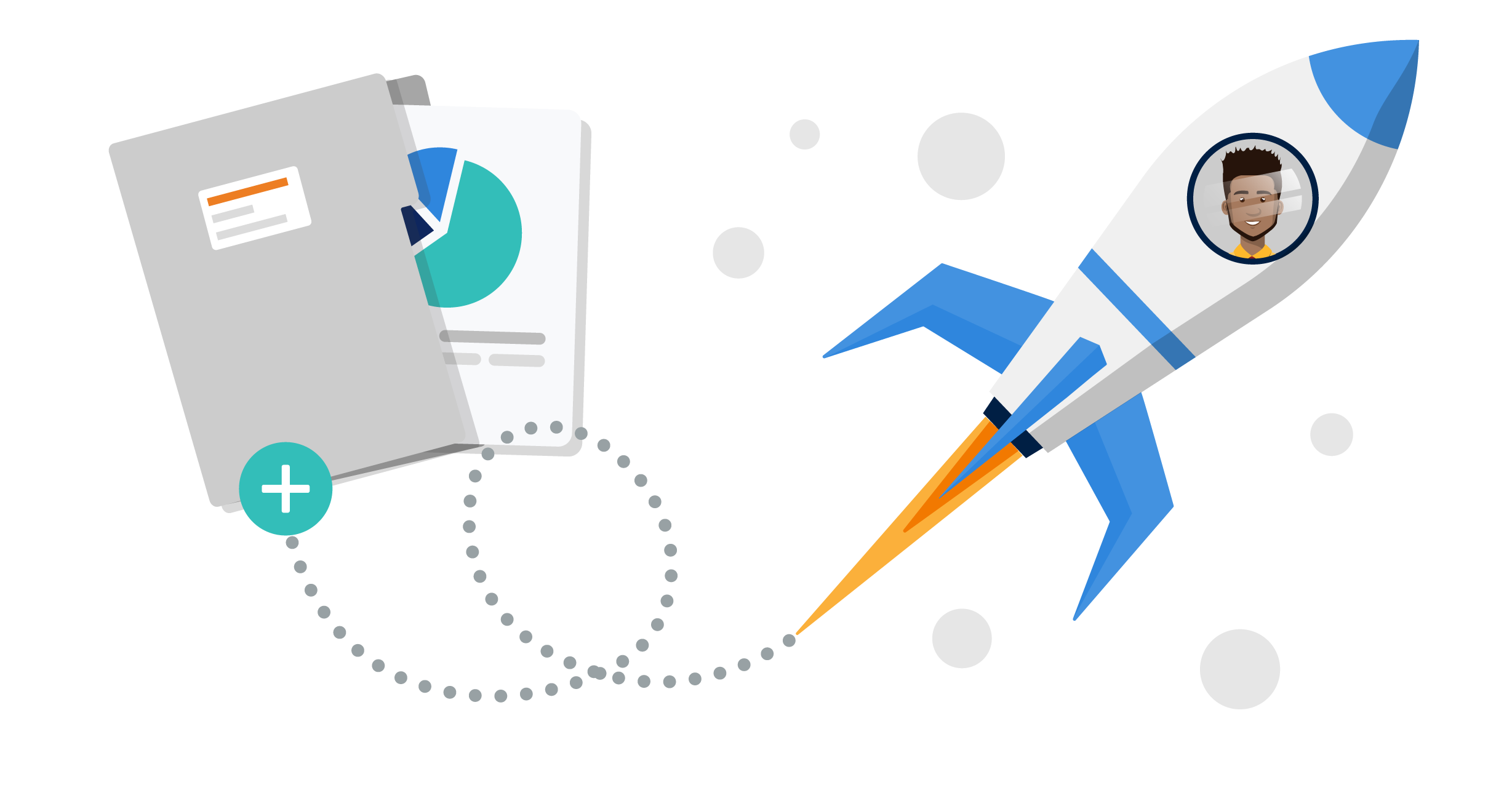Published on: Nov 15, 2024
Artificial intelligence has become an integral part of the recruitment process, promising increased efficiency and broader reach in talent acquisition. However, this technological revolution brings with it important ethical considerations that organizations must carefully navigate. As we embrace AI-powered recruitment tools, how can we maintain fairness and human dignity in the hiring process?
The Double-Edged Sword of AI in Recruitment
AI has transformed how we identify and evaluate talent, offering powerful solutions for:
-
Efficient candidate screening across large applicant pools
-
Quick sorting and categorization of applications
-
Predictive analytics for candidate success
-
Automated initial communications through chatbots
However, these same technologies that streamline recruitment can also present significant ethical challenges. When improperly implemented, AI systems may perpetuate or even amplify existing biases, potentially discriminating against qualified candidates based on factors unrelated to their abilities.
Understanding AI Bias in Recruitment
The challenge of algorithmic bias stems from several sources:
1. Historical Data Bias: AI systems trained on historical hiring data may inherit past discriminatory patterns
2. Over-Optimization: As candidates learn to optimize their applications for AI systems, genuine qualifications might be overshadowed
3. Transparency Issues: The "black box" nature of some AI algorithms makes it difficult to identify and correct biases
4. Standardization vs. Individuality: AI's tendency to standardize evaluation criteria might overlook unique qualities that make candidates valuable
Strategies for Ethical AI Implementation
To harness the benefits of AI while maintaining ethical hiring practices, organizations should consider these key strategies:
1. Human-Centered AI Approach
-
Maintain human oversight in critical decision-making stages
-
Use AI as a support tool rather than the sole decision-maker
-
Regularly review and adjust AI systems based on human feedback
2. Diverse Data Training
-
Use representative datasets when training AI systems
-
Regularly audit training data for potential biases
-
Include diverse perspectives in the development and implementation of AI tools
3. Transparent Processes
-
Clearly communicate to candidates when and how AI is used in the hiring process
-
Provide opportunities for candidates to request human review
-
Document decision-making criteria and maintain clear audit trails
Best Practices for Balancing AI and Ethics
1. Regular Auditing
-
Monitor AI system outputs for potential bias patterns
-
Review decision-making processes regularly
-
Track diversity metrics in hiring outcomes
2. Skills-Based Assessment Integration
-
Complement AI screening with practical skills assessments
-
Focus on demonstrable abilities rather than keywords
-
Consider diverse expressions of qualification
3. Continuous Learning and Adaptation
-
Stay informed about emerging ethical guidelines in AI recruitment
-
Adapt systems based on feedback and outcomes
-
Invest in ongoing training for recruitment teams
Looking Forward: The Future of Ethical AI in Recruitment
As AI technology continues to evolve, organizations must remain committed to ethical recruitment practices. This means:
Investing in technologies that support fair hiring practices
-
Building diverse, inclusive recruitment processes
-
Maintaining human oversight and judgment
-
Supporting compliance with equal opportunity regulations
JobTarget's suite of solutions helps organizations navigate these challenges by providing tools that support efficiency and fairness in the recruitment process. Through programmatic job advertising, extensive marketplace reach, and robust compliance tools, organizations can build powerful and ethical recruitment processes.
Taking Action
To build an ethical AI-powered recruitment process:
1. Evaluate current AI tools and processes for potential bias
2. Implement systems that support compliance with equal opportunity regulations
3. Partner with technology providers committed to ethical recruitment practices
4. Maintain clear documentation and audit trails
5. Regularly review and update recruitment practices
By thoughtfully implementing AI tools while maintaining a strong commitment to fairness and compliance, organizations can build stronger, more diverse teams while upholding their ethical responsibilities.

